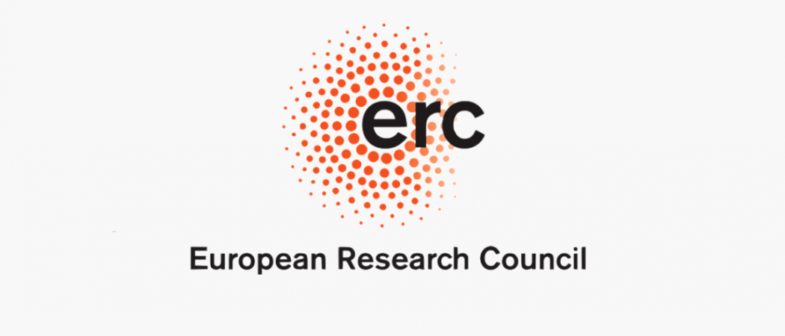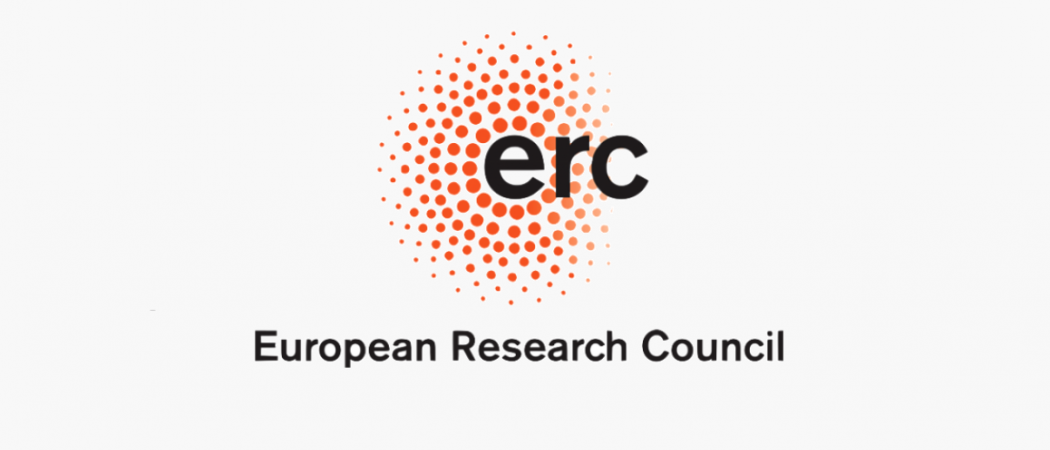In line with the EU-wide push for a less prescriptive approach to evaluating scientific impact, ERC is redesigning its project evaluation process starting in 2024.

In line with the EU-wide push for a less prescriptive approach to evaluating scientific impact, the European Research Council (ERC) is redesigning its project evaluation process starting in 2024.
Instead of the traditional listing of research posts held and papers published, the new evaluation process of ERC will instead use a four-page narrative CV.
After the Scientific Council approved the modifications in December, ERC President Maria Leptin spoke with Science|Business for the first time about the new application format.
The plans were further clarified by the ERC last month. Scientists have embraced recent efforts to change how research impact is measured, moving away from metrics that are publication-focused in order to create a more complete picture.
According to Lidia Borrell-Damián, secretary general of Science Europe, “It doesn’t matter how well you are doing; you need to adapt it to the kind of society we want. We are clearly evolving towards more inclusivity and transdisciplinary research.”
The changes acknowledge “the human aspect of being a researcher,” according to Luke Drury, vice-president of ALLEA, the European Federation of Academies of Sciences and Humanities. This is a significant development that ought to promote greater inclusion, equity, and diversity among researchers. Applicants must now submit a single document of up to four pages that combines their resume and track record.
This document must demonstrate the applicant’s expertise in their field by listing up to ten research outputs in addition to their standard biographical information.
The emphasis will be on more recent accomplishments and examples of peer recognition, such as winning a prize. However, the only factor used to choose a project will still be its superiority in terms of science.
“It’s a positive step from the ERC towards acknowledging more diverse outputs, as part of the research process, on top of just publications, and this recognition of diverse career paths,” says Sarika Wilson, head of policy at the Guild of European Research-Intensive Universities.
The author says, “I don’t think this significantly alters who will be successful, but in some cases where a researcher had a slightly unusual career path, they might be more successful than before.”
The European Commission started pushing for reform of the research assessment procedure at the beginning of last year as part of its initiative to revive the European Research Area (ERA). In June, science ministers approved of the procedure.
The Coalition for Advancing Research Assessment (CoARA), a group of local science organisations, developed an action plan outlining the key axes along which the evolution of assessment systems should occur.
The agreement has been signed by more than 500 funding organisations, researchers, universities, and organisations, including the ERC. Now that the changes are about to be implemented, other funders, including those outside the EU, are likely to look and learn from the experience.
According to Borrell-Damián, “It’s a very good step forward and a very rapid step forward.” “In my opinion, it is a very evidently good practise, not just in Europe but also elsewhere. Many people look to the ERC as a model for establishing trends. In order to change how research and researchers are assessed in Europe, more work needs to be done.
Stephane Berghmans, director for research and innovation at the European University Association, one of the key organisations in the coalition, said, “We look forward to working with the ERC and other stakeholder organisations to make further progress on these vital goals within CoARA, particularly through its soon-to-be-established working groups.”
The ERC philosophy, which uses scientific excellence as the only criterion for evaluation, won’t change, but changes are on the way. As a result, as before, the proposal’s ambition, viability, and chances of achieving a breakthrough will be evaluated. However, the applicant must meet the requirements of the proposal.
Up until now, the ERC work programmes have included thorough profiles of the principal investigators to guarantee this. Candidates will be able to explain their career paths and breaks in the new four page CV and track record format, giving those with unconventional paths a better chance to present themselves.
As they adjust to the new system, applicants and peer reviewers may experience an increase in workload, Drury acknowledged, but “such a reform of evaluation practises is nonetheless urgently needed and adequate resources should be made available to support this evolution.”
Borrell acknowledges that it may take some time to get used to the changes, but he adds that the goal is not to punish those who performed well under the old regulations. “A researcher should not perceive a difference if they perform well in the current system and conduct good research,” she said.
It is a modification. In the end, there is a high level of trust in the ERC among universities. Wilson stated, “We have complete confidence in the ERC’s evaluation processes, so we don’t have any concerns about these changes they have implemented.
There will be additional ERC changes. Beginning the following year, Advanced grants given to the most seasoned researchers will be given as a single lump sum rather than according to the actual cost of a project.
It’s a part of the larger implementation of lump sums in Horizon Europe, which the Commission hopes will help relieve the researchers and EU agencies managing the funding of the onerous paperwork-heavy burden of reporting costs. The ERC evaluation process will also undergo change. The majority of calls will only allow the evaluators to accept up to 44 proposals into the second round of evaluation.
